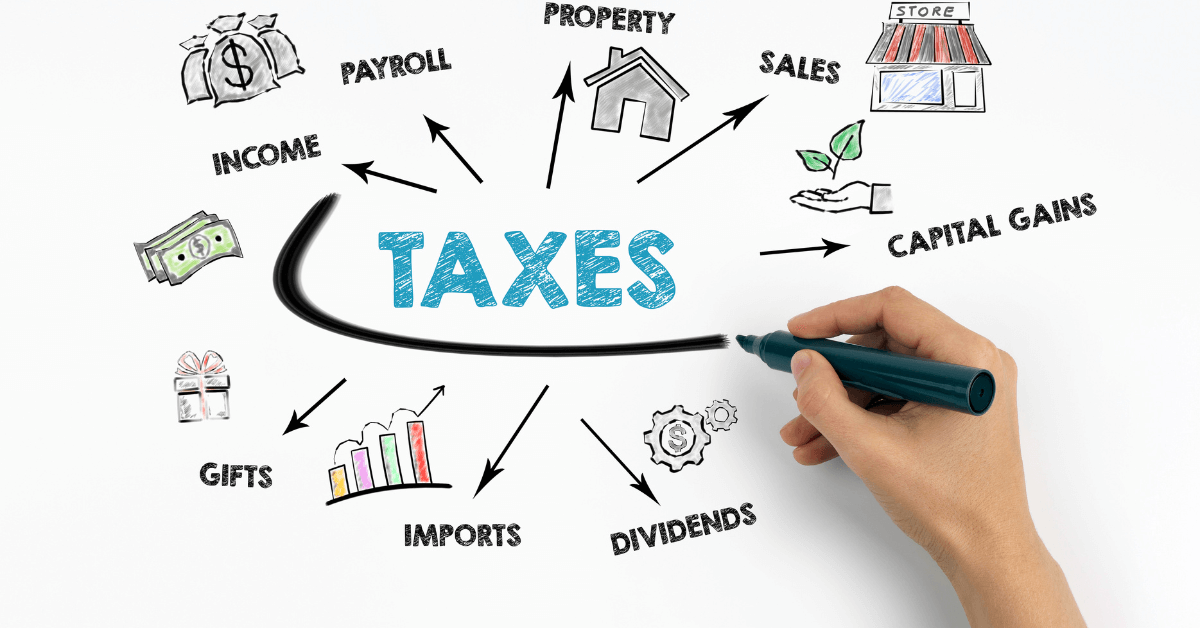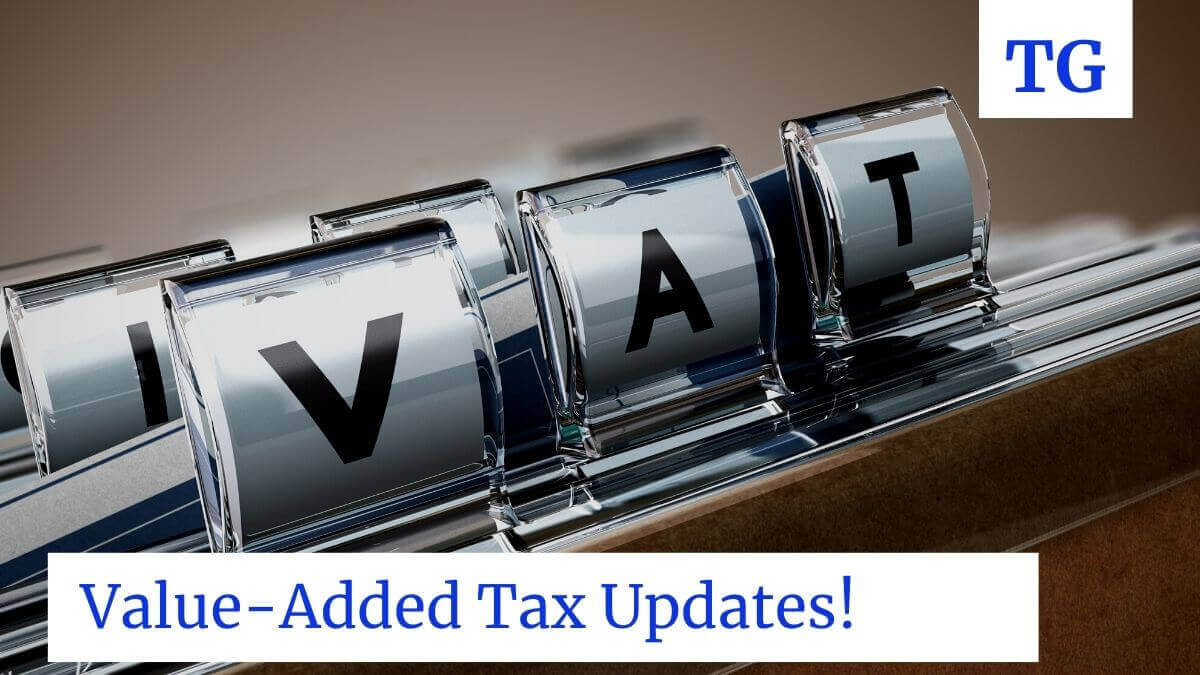Are you one of those who choose to ignore the Tax Codes Philippines simply because it feels daunting and downright intimidating? That would certainly make sense; the sheer number of laws associated with the tax code can quickly leave anyone feeling exhausted. But if you step back and break things down into simpler terms, understanding the Philippine Tax Code is easier than it may initially seem! In this blog post, we’ll provide plenty of resources and help guide you in learning how taxes work in our country. Plus, we’ll cover other important topics related to taxation so you can wisely manage your wealth without breaking any rules!
Taxes are vital because they are the Philippine government’s primary revenue source. The money collected from taxes keeps the government and the country running. Taxes are used as the budget for different government departments and agencies and are spent on services, welfare programs, public services, and infrastructure projects. Thus, Filipino citizens have to pay their share of taxes (where eligible) to help the Philippines and its development. To organize the collection of the country’s taxes, lawmakers have enacted specific tax codes Philippines.
Types of Taxes in the Philippines
There are two types of taxes in the Philippines: National and Local. National taxes refer to mandatory taxes collected under the National Internal Revenue Code of 1997 or the Philippine Tax Code. Local taxes are collected by local government units (LGUs) under the Local Government Code of 1991.
Taxes collected under tax codes Philippines
- Estate tax
- Documentary stamp tax
- Percentage tax
- Capital gains tax
- Income tax
- Withholding tax
- Value Added Tax (VAT)
- Excise tax
- Donor’s tax
Taxes under local Philippine taxes
- Franchise tax
- Basic Real Property tax
- Sand, Gravel, and other Quarry Resources tax
- Business of Printing and Publication Tax
- Annual Fixed Tax for Delivery Trucks and Vans
- Professional tax
- Amusement tax
- Community tax (Cedula)
- Barangay tax
- Barangay clearance
What is the Philippine Tax Codes?
The Tax Codes Philippines or the National Internal Revenue Law is the fundamental Philippine tax law that codifies all tax provisions. The latest tax law is embodied in Republic Act No. 8424, or the Tax Reform Act 1997, which was approved on December 11, 1997. It amended previous national internal revenue codes. Local taxation is treated separately under the Local Government Code of 1991.
Important Tax Reforms
Republic Act No. 10963, Tax Reform for Acceleration and Inclusion (TRAIN)
When President Rodrigo P. Duterte became the Philippine president, he instituted a Comprehensive Tax Reform Program (CTRP) to implement necessary tax reforms on the country’s aging tax codes in the Philippines that became law in 1997. On December 19, 2017, the president signed into law CRTP Package 1, known as the Tax Reform for Acceleration and Inclusion (TRAIN). It became Republic Act (RA) No. 10963 and took effect on January 1, 2018.
The main focus of the new TRAIN law is to make the Philippine Tax System easier to understand, fairer, and more efficient. This improvement aims to promote more investments, create jobs, and reduce poverty. Part of this aim is to raise revenues that will fund the government’s Build, Build, Build Project, which will sustain the country’s economic growth while financing investments in the country’s populace through better education, health, and social services.
Here are just a few of the significant changes brought about by the TRAIN tax reform bill.
Simplifying personal income tax (The Old vs. New tax system)
Under the previous old tax system for personal income taxes, individuals earning P10,000 to P30,000 per year will be taxed P500 + 10% of the excess over P10,000. The new TRAIN bill is focused more on lowering income tax. Individuals under the annual income bracket of P250,000 and below will be taxed at 0%. For instance, if an individual earns P20,000 a month or P240,000 annually, they will not pay any income tax.
Persons earning an annual income of over P250,000 – P400,000 will be taxed at 15% of the excess over P250,000. Those making a yearly income over P400,000 and beyond will pay a fixed amount plus 20%, 25%, 30%, or 35% of the excess, depending on their bracket. For example, someone earning over P400,000 will be taxed P22,500 + 20% of the excess over P400,000.
Higher excise tax on oil and other petroleum products
Under the old tax system, diesel and its essentials (per liter) are not taxed, while gas and non-essentials are taxed at P4.35 per liter. In the new TRAIN law, diesel and its essentials are taxed at P6.24 per liter, while gas and non-essentials are taxed at P10.40 per liter.
Naturally, the apparent consequence of the new tax reform law is that lower personal income taxes will lead to lesser revenue from this source. It is why the law allows the collection of taxes from other sources and those earning personal income beyond P800,000.
Related: Example of Sole Proprietorship in the Philippines
Other significant reforms to the tax codes Philippines include
- Changes and simplification in the tax rate on Estate Tax. It also reforms and simplifies administrative procedures in filing notices, installment payments, and withdrawal limits.
- Changes and simplification on Donor’s Tax.
- Changes on Value Added Tax (VAT):
- Broadening VAT base
- Withdrawal of zero-rated transactions
- Retention of VAT exemptions
- Further inclusions into VAT-exempt transactions
- Adjustments to VAT-exempt thresholds
- Changes on Excise Tax on Automobiles.
- Implementation of Excise Tax on Sweetened Beverages.
- Changes on other excise taxes that cover cigarettes and mineral products.
- Changes on Documentary Stamp Tax.
- The changes on other taxes that cover foreign currency deposit units (FCDU), capital gains of non-traded stocks, stock transactions tax (STT), and cosmetic procedures.
Republic Act (RA) No. 11534, Corporate Recovery and Tax Incentives for Enterprises (CREATE)
Following the TRAIN law is package 2 of the CTRP, known as the CREATE law. President Duterte signed CREATE into law on March 26, 2021, with several vetoed provisions. The CREATE Act is the largest fiscal stimulus for businesses in Philippine history. This tax reform bill is estimated to provide businesses more than P1 trillion worth of tax relief over the next ten years.
MSMEs are set to become the biggest beneficiaries of the CREATE Act. It is through granting the most significant corporate income tax rate reduction in the country’s recent history. This reduction is from 30% to 20%. Large corporations will also enjoy an immediate reduction in corporate income tax rate from 30% to 25%. This tax codes Philippines reform bill also provides other forms of tax relief that are part of a package of economic recovery measures implemented by the government to address the different needs and concerns of the business sector due to the ongoing COVID-19 pandemic.
Initially, these tax reforms and relief under the old TRABAHO bill failed to pass Congress. It was re-filed and renamed the CITIRA bill but failed to pass Congress. With the addition of COVID-19-related provisions, the proposed legislation became a high priority and finally found passage into law. The CREATE bill provides a flexible and generous tax incentive system that is performance-based, time-bound, targeted, and transparent. This tax incentive system balances the interests of all stakeholders while remaining unswerving of the fundamental principles of the country’s fiscal challenges.
Conclusion
Philippine taxes are a much-needed factor for the country’s government and people. Taxes help sustain the government and provide funds for programs, projects, and services that benefit the public. As citizens of this beautiful nation, it is our responsibility to pay our taxes when eligible, thus contributing to the growth and success of the Philippines. So, let us be informed and updated with the prevailing tax regulations promulgated by the Bureau of Internal Revenue. Let us understand their value in our collective progress as a nation with shared aspirations.
Recommended: How to Reduce Your Philippine Tax in 2020




